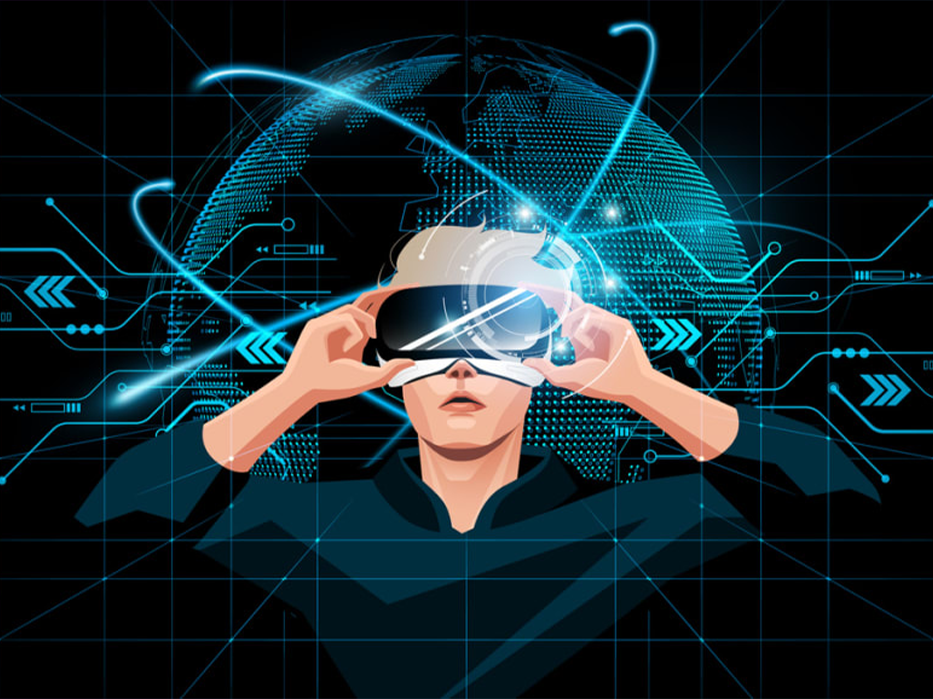- Healthcare: Machine learning is revolutionizing healthcare by improving diagnostics, predicting patient outcomes, and personalizing treatment plans. ML algorithms analyze medical images (like X-rays and MRIs) with greater accuracy than humans, aiding in early detection of diseases. Predictive analytics help healthcare providers anticipate patient needs and manage resources effectively. Additionally, ML plays a crucial role in drug discovery by identifying potential candidates and predicting their efficacy.
- Finance: In the financial sector, machine learning algorithms are pivotal for fraud detection, algorithmic trading, credit scoring, and risk management. These algorithms sift through vast amounts of financial data in real-time, identifying patterns and anomalies that could indicate fraudulent activities or market trends. ML also enhances customer service by analyzing transaction histories to offer personalized financial advice and product recommendations.
- Retail: ML has transformed retail operations by powering recommendation engines that suggest products based on customer preferences and behaviors. This technology improves customer engagement and boosts sales by delivering personalized shopping experiences. ML algorithms also optimize inventory management by predicting demand patterns and minimizing stockouts. Retailers use predictive analytics for pricing optimization and to tailor marketing strategies for different customer segments.
- Automotive: The automotive industry is embracing machine learning for advancements in autonomous vehicles. ML algorithms process data from sensors (such as cameras and LiDAR) to navigate roads safely and make real-time driving decisions. Predictive maintenance powered by ML helps prevent breakdowns by identifying potential issues before they escalate, thereby reducing downtime and improving vehicle reliability. Manufacturers also use ML for quality control during production processes.
- Marketing and Advertising: ML algorithms are reshaping marketing and advertising strategies by analyzing vast amounts of consumer data to optimize ad targeting and campaign performance. Personalized marketing efforts driven by ML improve customer engagement and conversion rates. Advertisers use predictive analytics to forecast customer behavior and adjust marketing spend accordingly, maximizing return on investment (ROI).
- Manufacturing: In manufacturing, machine learning enables predictive maintenance to anticipate equipment failures and schedule repairs proactively. This predictive capability minimizes unplanned downtime and reduces maintenance costs. ML-driven quality control systems identify defects in real-time during production, ensuring higher product standards. Supply chain management benefits from ML by optimizing inventory levels, reducing waste, and improving overall efficiency.
- Education: Machine learning is transforming education through personalized learning platforms that adapt to students’ individual learning styles and progress. These platforms use ML algorithms to analyze student performance data and provide tailored recommendations for improvement. Educational institutions leverage data analytics to enhance curriculum design, predict student outcomes, and improve retention rates by identifying at-risk students early on.
- Energy: ML applications in the energy sector optimize power generation and distribution by predicting energy demand patterns and integrating renewable energy sources effectively. Grid operators use ML algorithms to balance supply and demand in real-time, ensuring stable and efficient energy delivery. Predictive maintenance powered by ML minimizes downtime for critical infrastructure such as wind turbines and power plants, enhancing overall reliability.
- Entertainment: Streaming services rely on machine learning to personalize content recommendations based on user preferences and viewing habits. ML algorithms analyze viewer behavior to suggest relevant movies, TV shows, and music, enhancing user experience and increasing viewer engagement. Content creators use predictive analytics to forecast audience demand and optimize content production and distribution strategies, leading to greater success in the competitive entertainment industry.
- Cybersecurity: Machine learning is essential for cybersecurity defenses, where ML algorithms detect and respond to threats in real-time by analyzing network traffic patterns and user behavior anomalies. This proactive approach strengthens cybersecurity postures by identifying potential vulnerabilities and mitigating risks promptly. ML-powered security systems adapt to evolving threats and improve incident response times, safeguarding sensitive data and maintaining digital trust.
In conclusion, machine learning’s transformative impact across industries is profound, driving innovation, efficiency, and new business opportunities. As organizations harness the power of ML to analyze data more intelligently and make informed decisions, the potential for further advancements and disruptions in various sectors continues to expand. Embracing machine learning technologies enables businesses to stay competitive in a rapidly evolving digital landscape, promising continued growth and innovation in the years to come.





